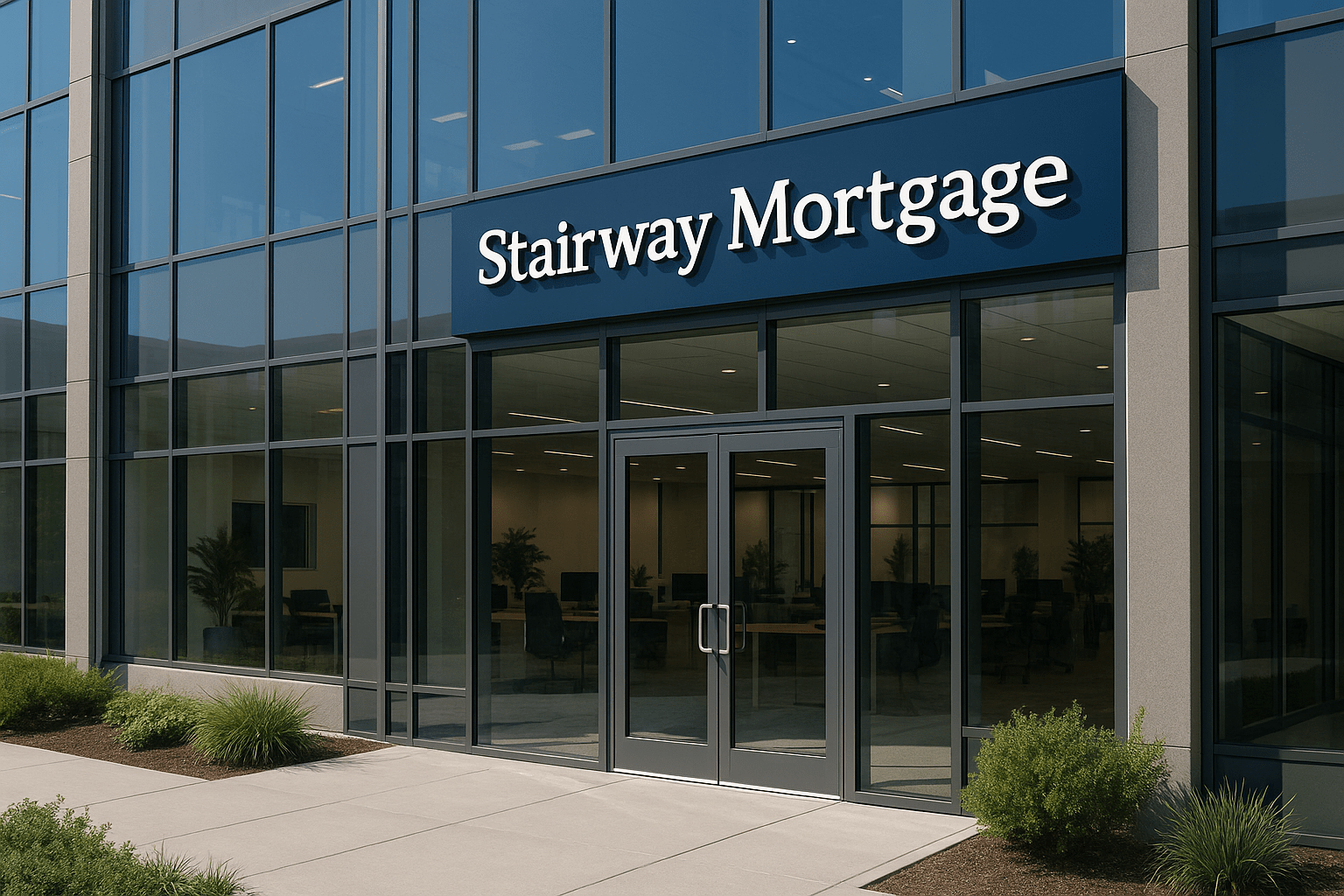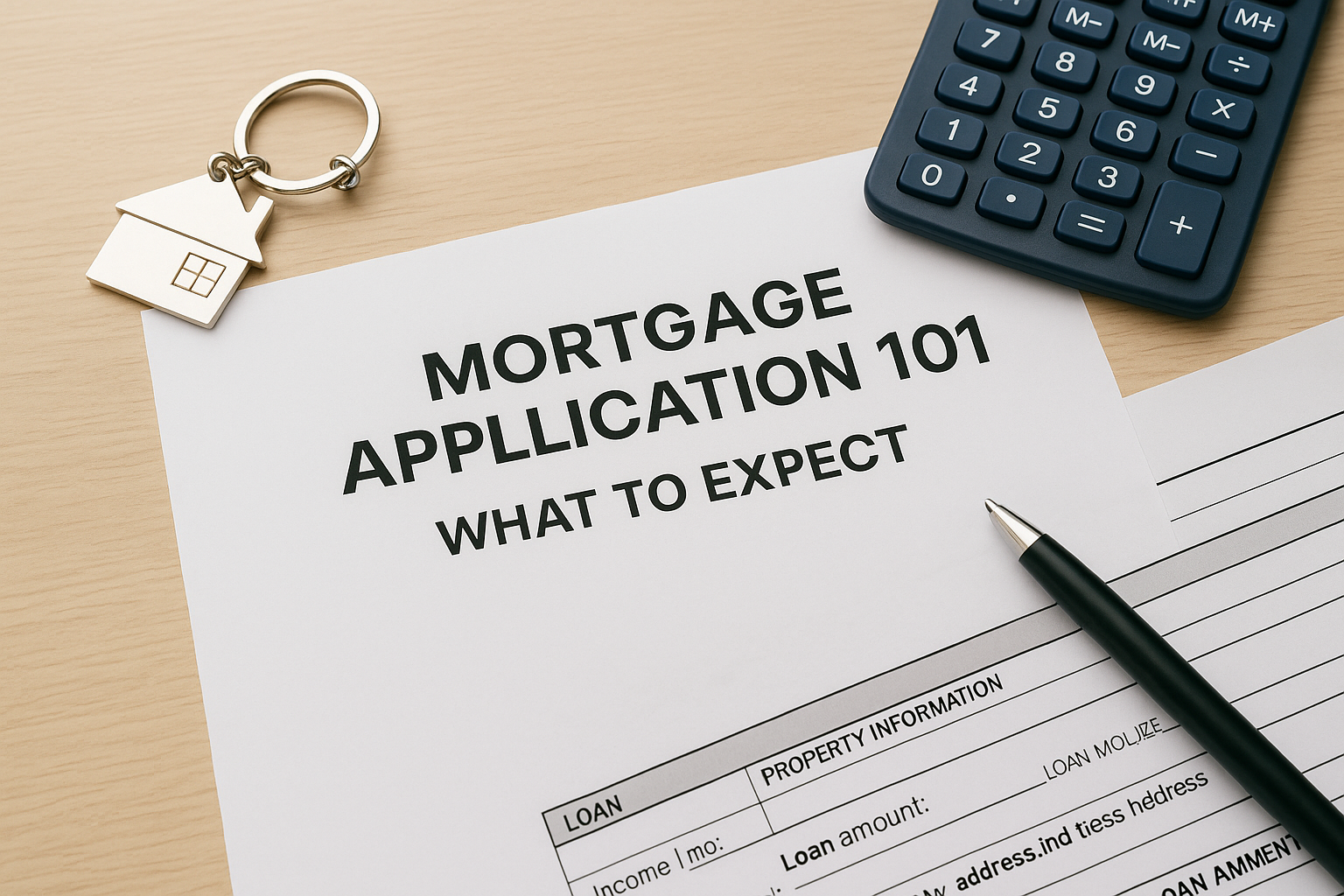Rent Out My House: Complete Guide to Converting Primary to Investment Property
Rent Out My House: Complete Guide to Converting Primary to Investment Property

Renting Out a House: How to Convert Your Primary Residence to Rental Property
Life changes—job relocations, upsizing for growing families, downsizing after kids leave, inheriting property—often leave homeowners asking whether to sell their current home or rent it out. Converting your primary residence to investment property creates passive income and long-term wealth, but it also introduces landlord responsibilities, tax implications, and financial considerations most homeowners don’t anticipate.
Strategic homeowners understand that keeping their home as a rental can be one of the most powerful wealth-building moves available—you’re converting the equity you’ve built into an income-producing asset while benefiting from continued appreciation. But it’s not automatically the right choice for everyone.
In this guide, you’ll discover:
- Decision factors for keeping versus selling your primary residence
- Financing implications when converting to investment property (following lending guidelines)
- Landlord responsibilities and property management options
- Tax treatment changes from primary to rental property (understanding IRS rental rules)
- Insurance requirements for rental properties
- Rental rate analysis and cash flow calculations
Whether you’re relocating temporarily or permanently, understanding the complete picture helps you make informed decisions about whether renting out your house builds wealth or creates costly problems.
Considering converting your home to a rental? Schedule a call to discuss financing and strategy for building rental income.
Should You Rent Out Your House or Sell?
The decision to rent versus sell depends on multiple factors—financial, practical, and personal.
When Renting Makes Financial Sense
Strong rental market indicators:
- Monthly rent exceeds your total housing costs (mortgage, taxes, insurance, maintenance)
- Property has appreciated significantly since purchase
- You have adequate equity cushion for unexpected repairs
- Local rental demand is strong with low vacancy rates
- Comparable rentals support your target rent amount
Wealth-building advantages of renting:
- Tenants pay down your mortgage (forced savings)
- Property continues appreciating (equity growth)
- Tax deductions offset rental income (depreciation, expenses)
- You maintain the option to return or sell later
- You avoid capital gains tax triggered by sale
Example scenario:
- Current home value: Substantial amount
- Mortgage balance: Moderate remaining
- Equity built: Significant sum
- Monthly payment (PITI): Total amount
- Market rent: Higher amount
- Positive cash flow: Monthly profit plus tenant pays principal
By renting instead of selling, you create monthly income while tenants build your equity through principal payments, and you benefit from future appreciation.
Use the rental property calculator to model your specific numbers and see if renting produces positive cash flow.
When Selling Makes More Sense
Situations favoring sale over rental:
- Negative or minimal cash flow (rent doesn’t cover costs)
- Property needs substantial repairs you can’t afford
- You need equity for down payment on next home
- You don’t want landlord responsibilities
- Market conditions favor selling (peak pricing, high demand)
- Tax benefits of primary residence exclusion matter
Primary residence capital gains exclusion:
- Individuals: Exclude substantial gains if lived in home as primary residence for required period out of last certain years
- Married couples: Double the individual exclusion
- Once converted to rental, you lose this exclusion on future sale
This is massive tax benefit—potentially tens of thousands saved—but only available while it’s your primary residence or shortly after.
If you’re near this threshold and don’t expect rental income to offset losing the exclusion, selling immediately might save more than years of rental income after taxes.
Financing Implications of Converting to Rental
Your existing mortgage was approved for owner-occupied property—converting to rental has financing implications you must understand.
Occupancy Requirements and Loan Terms
Most primary residence mortgages require:
- You occupy the home as primary residence for minimum period (typically at least one year from purchase)
- You notify lender if occupancy status changes (though enforcement varies)
- Different loan terms may apply to investment properties
What happens when you convert:
- If you’ve met occupancy requirements, most lenders don’t require notification or refinance
- Your interest rate and terms remain unchanged (this is advantageous—investment property rates are higher)
- Violating occupancy requirements could trigger due-on-sale clause (rare but possible)
Best practice: Ensure you’ve met minimum occupancy requirements before converting. If relocating shortly after purchase, consult your lender about options.
Qualifying for Your Next Purchase
When buying your next home while keeping current home as rental:
Lenders consider rental income in qualifying you for new mortgage:
- Need signed lease and security deposit as documentation
- Lenders typically count percentage of gross rent (to account for vacancies and expenses)
- May need landlord experience or rental history for full credit
- Must show adequate reserves for both properties
Example qualification:
- Your income: Moderate amount
- Current mortgage payment: Monthly amount
- New mortgage target: Higher amount
- Rental income from current home: Monthly rent
- Lender counts percentage: Adjusted income credit
Without rental income offset, you might not qualify for new purchase. With proper documentation, rental income helps you qualify by offsetting your existing mortgage payment.
The conventional loan program allows rental income to offset existing mortgage payments when purchasing your next home.
Portfolio Lending and Investment Property Loans
If you need to refinance your rental:
- Investment property rates run higher than owner-occupied rates
- Down payment requirements increase (typically minimum percentage)
- Stricter reserve requirements (months of payments)
- May need rental income history
Specialized programs for rental properties:
- DSCR loans – Qualify based on rental income, not personal income
- Portfolio loans – Held by lender, more flexible terms
- Blanket loans – Finance multiple properties together

Landlord Responsibilities and Property Management
Converting to rental transforms you from homeowner to landlord—a role carrying legal obligations, financial responsibilities, and time commitments many underestimate.
Self-Management vs. Professional Property Management
Self-managing your rental:
Advantages:
- Keep full rent (no management fees)
- Direct control over tenant selection and property
- Personal oversight of maintenance and repairs
- Simpler for single property with involved owner
Disadvantages:
- Available for tenant calls and emergencies (nights, weekends)
- Handle all showings, applications, and screening
- Manage lease enforcement and eviction proceedings if necessary
- Coordinate all maintenance and repairs
- Collect rent and chase delinquencies
- Understand and comply with landlord-tenant law
Professional property management:
Typical services:
- Market property and handle showings
- Screen tenants and execute leases
- Collect rent and handle delinquencies
- Coordinate maintenance and repairs (with your approval thresholds)
- Conduct regular inspections
- Handle tenant issues and conflicts
- Manage evictions if necessary
Typical cost: Percentage of monthly rent plus leasing fees
When professional management makes sense:
- You’re relocating far from the property
- You don’t have time or desire to self-manage
- Property management fees still allow positive cash flow
- You own multiple properties requiring coordination
- You lack experience or confidence as landlord
Many first-time landlords start self-managing then transition to professionals after experiencing the time commitment and complexity.
Legal and Compliance Requirements
Landlords must comply with:
- Fair Housing Act (no discrimination in tenant selection)
- State and local landlord-tenant laws
- Building codes and safety requirements
- Security deposit regulations and accounting
- Proper eviction procedures
- Lead paint disclosure (older properties)
- Lease agreement legal requirements
Violations expose you to lawsuits, fines, and damages—understand your legal obligations or hire professionals who do.
Maintenance and Repair Responsibilities
As landlord, you’re responsible for:
- Maintaining habitable conditions
- Addressing urgent repairs promptly
- Regular maintenance (HVAC servicing, etc.)
- Appliance repairs or replacements
- Structural and systems issues
- Exterior maintenance and lawn care (unless lease specifies tenant responsibility)
Budget for maintenance: Industry standard is percentage of monthly rent annually, though actual costs vary. Build reserves for major expenses like roof, HVAC replacement, or appliances.
Tax Treatment Changes from Primary to Rental
Converting your primary residence to rental fundamentally changes tax treatment—understand these implications before making the decision.
Rental Income and Expense Deductions
Rental income is taxable, but numerous deductions offset it:
Deductible expenses:
- Mortgage interest on rental portion
- Property taxes
- Insurance premiums
- Property management fees
- Maintenance and repairs
- Utilities (if you pay them)
- Advertising and tenant screening
- Legal and professional fees
- Travel to/from property for management
- Depreciation (major tax benefit)
Depreciation explained:
- IRS lets you depreciate building value (not land) over specific period
- Reduces taxable income substantially annually
- Must be “recaptured” (taxed) when you sell
- This is automatic—you must take it or pay recapture anyway
Example tax impact:
- Rental income: Annual amount
- Deductible expenses: Total costs
- Depreciation: Annual deduction
- Taxable rental income: Reduced or negative amount
Negative taxable income (paper loss) can potentially offset other income depending on your situation and IRS passive activity loss rules.
Consult tax professionals familiar with rental property taxation—this is complex and the rules change.
Losing Primary Residence Tax Benefits
Capital gains exclusion lost:
- You can exclude substantial gains on primary residence sale (individuals/couples)
- Once converted to rental, this exclusion shrinks or disappears
- Must have lived in home as primary for required period out of specific years before sale
- Partial exclusion may apply based on years as primary vs. rental
Strategic timing matters: Some homeowners sell while still qualifying for full exclusion rather than converting to rental and losing this massive tax benefit.
1031 Exchange Opportunities
Benefit of rental property status: You can now use 1031 exchange to defer capital gains when selling, as long as you’re buying another investment property.
This allows you to:
- Sell rental property without immediate tax
- Buy larger or different rental property
- Continue building wealth through real estate without tax drag
- Potentially trade up through multiple exchanges
You can’t 1031 exchange your primary residence, but you can exchange rental properties—another reason some homeowners convert before eventually selling.
Learn more about 1031 exchange strategies for portfolio growth.

Insurance Requirements for Rental Properties
Your homeowners insurance doesn’t cover rental activity—you need landlord insurance or rental property coverage.
Landlord Insurance vs. Homeowners Insurance
Critical differences:
- Landlord insurance covers rental-related risks homeowners insurance excludes
- Typically costs more than homeowners insurance
- Liability coverage for tenant-related incidents
- Loss of rental income coverage
- Property damage by tenants
What landlord insurance covers:
- Dwelling (structure)
- Liability for tenant injuries
- Loss of rental income from covered perils
- Property damage exceeding security deposits
- Legal costs if tenant sues
What’s typically not covered:
- Tenant belongings (they need renters insurance)
- Normal wear and tear
- Tenant-caused damage under deductible
- Vacancy periods (some policies)
Cost impact: Expect to pay moderately more percentage than homeowners insurance for comparable dwelling coverage.
Critical: Notify your insurance carrier when converting to rental—maintaining homeowners insurance while renting violates your policy and could result in denied claims.
Rental Rate Analysis and Cash Flow Calculations
Before committing to rent your house, run complete cash flow analysis to ensure the numbers work.
Determining Market Rent
Research comparable rentals:
- Similar size, condition, and location
- Recent leases, not just asking rents
- Seasonal variations (some markets fluctuate)
- Include utilities/amenities in comparison
Sources for rental comps:
- Rental listing sites (Zillow, Apartments.com, etc.)
- Property management companies’ insight
- MLS rental listings (if you have access)
- Local Facebook rental groups
Set competitive but profitable rent:
- Too high: Extended vacancies lose more than higher rent gains
- Too low: Leave money on table and attract problematic tenants
- Sweet spot: Market rate that fills unit quickly with quality tenants
Complete Cash Flow Analysis
Monthly expenses:
- Mortgage payment (principal, interest, taxes, insurance)
- Landlord insurance premium
- HOA fees (if applicable)
- Property management (if using)
- Maintenance reserve (recommended percentage of rent)
- Utilities you pay (if any)
- Advertising/tenant acquisition costs (amortized)
Example calculation:
- Market rent: Monthly amount
- Mortgage (PITI): Payment amount
- Insurance: Landlord premium
- Management: Fee percentage
- Maintenance reserve: Monthly allocation
- Total expenses: Combined monthly
- Net cash flow: Positive or negative monthly
Factor vacancy rate: Industry standard is to account for percentage vacancy annually, meaning reduced effective rent.
Positive cash flow means: Rental income exceeds all costs and reserves—you’re generating actual profit monthly.
Negative cash flow means: You’re subsidizing the rental from other income—only makes sense if appreciation and principal paydown justify the subsidy.
Use the rental property calculator with your specific numbers to see true cash flow.
How Stairway Mortgage Helps
Converting your primary residence to rental property has significant financing implications, and we help you navigate the process while positioning yourself to purchase your next home.
Our team helps you:
- Confirm you’ve met occupancy requirements before converting
- Document rental income properly for next home purchase
- Structure financing for your next primary residence using rental offset
- Explore investment property financing if you need to refinance rental
- Calculate whether rental income supports your broader financial goals
- Access specialized programs like DSCR loans for rental properties
Whether you’re relocating temporarily or building a rental portfolio, we show you how to finance the transition strategically.
Ready to convert your home to rental property? Get pre-approved for your next home purchase using rental income offset.
Frequently Asked Questions
Can I rent out my house if I still have a mortgage?
Yes, as long as you’ve met the occupancy requirements in your mortgage (typically one year as primary residence from purchase). Most mortgages don’t restrict renting after meeting initial occupancy, though technically you should notify your lender. Your loan terms remain unchanged. When buying your next home, lenders can count a portion of rental income to help you qualify. Just ensure you’re properly insured with landlord coverage, not homeowners insurance.
How do I rent out my house while buying another?
Document rental income properly: signed lease, security deposit, and potentially rental history. Lenders typically count a percentage of gross rent toward qualifying income for your new purchase. Ensure adequate reserves for both properties. Consider professional property management if relocating far away. The conventional loan program allows rental income offset when you’re keeping your current home and buying new.
What are the tax implications of renting out my house?
Rental income is taxable, but numerous expenses are deductible (mortgage interest, taxes, insurance, maintenance, management fees, depreciation). Depreciation creates substantial tax benefit but must be recaptured when selling. You lose primary residence capital gains exclusion after converting to rental, potentially costing substantial tax savings. You gain ability to use 1031 exchanges for future investment property sales. Consult a CPA familiar with rental property taxation—IRS rules at rental real estate guidance.
Should I use a property manager or self-manage?
Self-manage if: you’re local, have time, want maximum cash flow, enjoy landlord role. Use professional management if: you’re relocating far away, lack time or interest, own multiple properties, want legal/regulatory protection. Typical management costs range from moderate percentage of rent. Many first-time landlords start self-managing then switch to professionals after experiencing the demands. Make sure cash flow remains positive after management fees if using professionals.
Need a Pre-Approval Letter—Fast?
Buying a home soon? Complete our short form and we’ll connect you with the best loan options for your target property and financial situation—fast.
- Only 2 minutes to complete
- Quick turnaround on pre-approval
- No credit score impact
Got a Few Questions First?
Let’s talk it through. Book a call and one of our friendly advisors will be in touch to guide you personally.
Schedule a CallNot Sure About Your Next Step?
Skip the guesswork. Take our quick Discovery Quiz to uncover your top financial priorities, so we can guide you toward the wealth-building strategies that fit your life.
- Takes just 5 minutes
- Tailored results based on your answers
- No credit check required
Related Posts
Subscribe to our newsletter
Get new posts and insights in your inbox.







